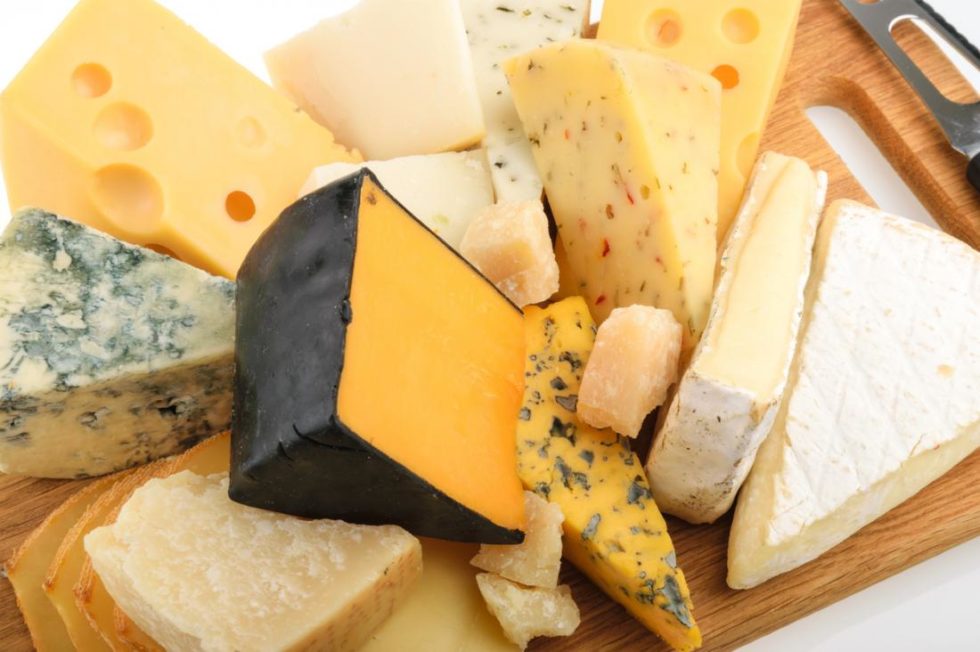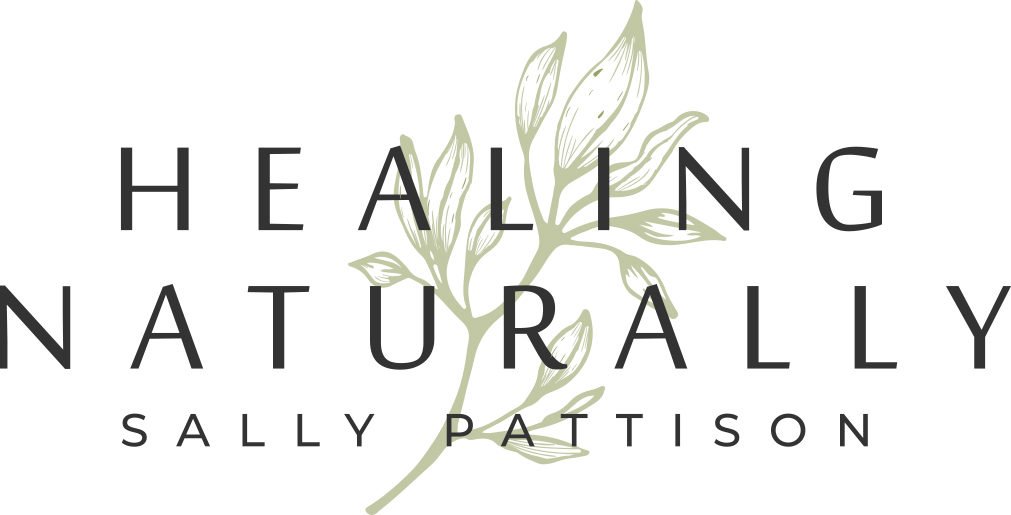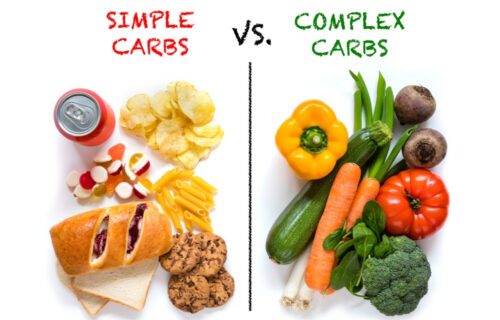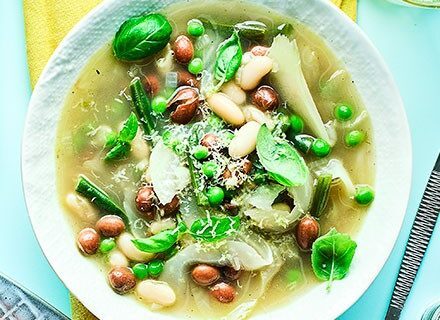
Cheese – is it lactose free?
Do you avoid cheese due to being lactose intolerant?
What you probably don’t know is that lactose intolerance should NOT affect cheese consumption. If you are intolerant to cheese – it more likely to be a different cause than lactose intolerance.
Most cheeses don’t contain lactose! What’s happening when milk turns to cheese is a souring process. The lactose in milk is converted into lactic acid in the fermentation process. In cheese-making, when a sugar (in this case – lactose) is converted into lactic acid. By the time a cheese is made, most or all of the lactose that had been present in the milk no longer remains.
The longer that milk is left to sour, the more lactose dissipates into lactic acid. The older the cheese, the harder, drier, and more aged cheeses that will be the safest to eat if you’re lactose intolerant. Fresher cheeses that are higher in moisture may retain a small amount of lactose because the milk has not been left to ferment completely. People who are lactose intolerant may have issues with fresher styles.
If you don’t really know if you’re lactose intolerant, try eating a hard cheese like parmesan, which has virtually no residual lactose. If there is any reaction or signs of intolerance than you are more likely to be reacting to the milk protein, not sugar. But if harder, (virtually lactose-free) cheeses are okay but you still have issues with fresher, high-moisture cheeses plus yogurt, ice cream, and other dairy products, then it’s probably safe to say that you are indeed lactose intolerant. Or then again it could be the sugar content of these processed foods.
If still confused then it may be worthwhile making time to have a chat with your health care provider.



